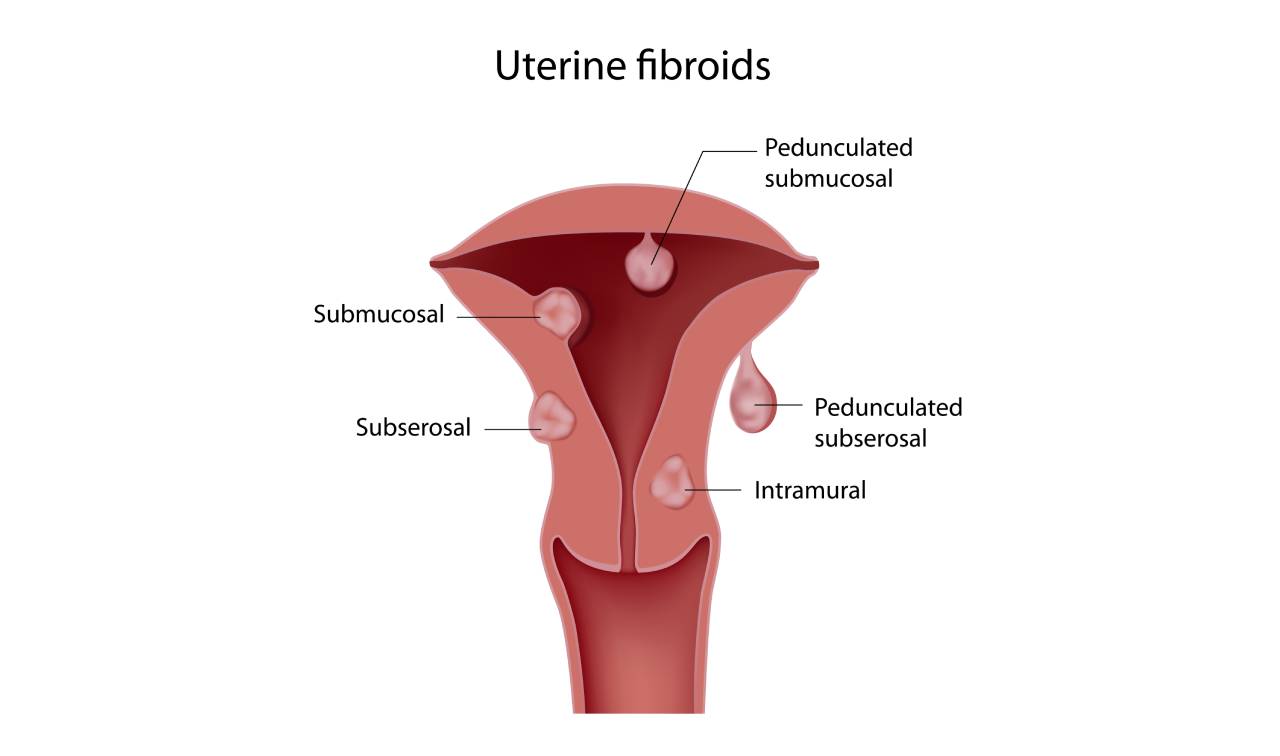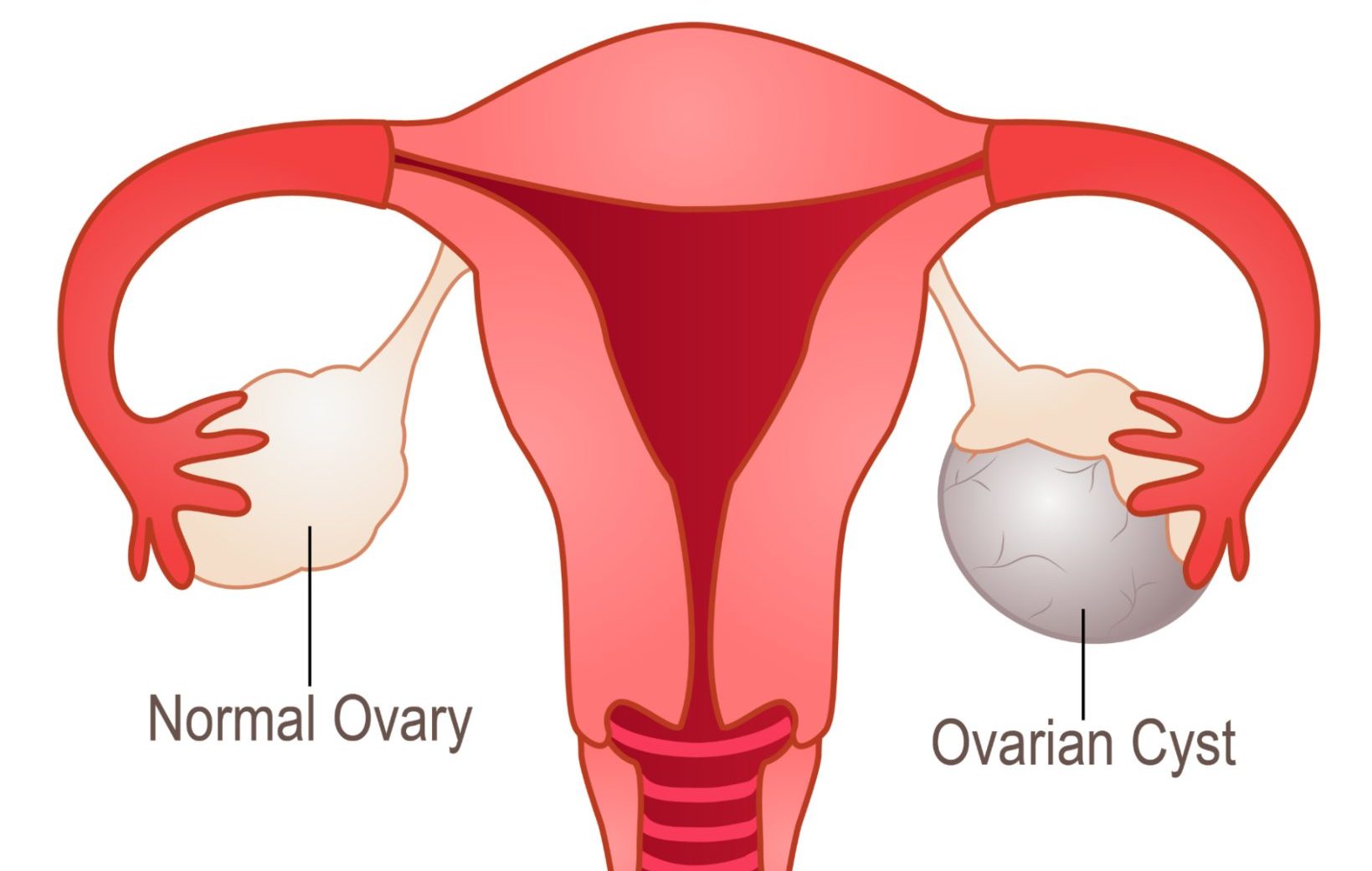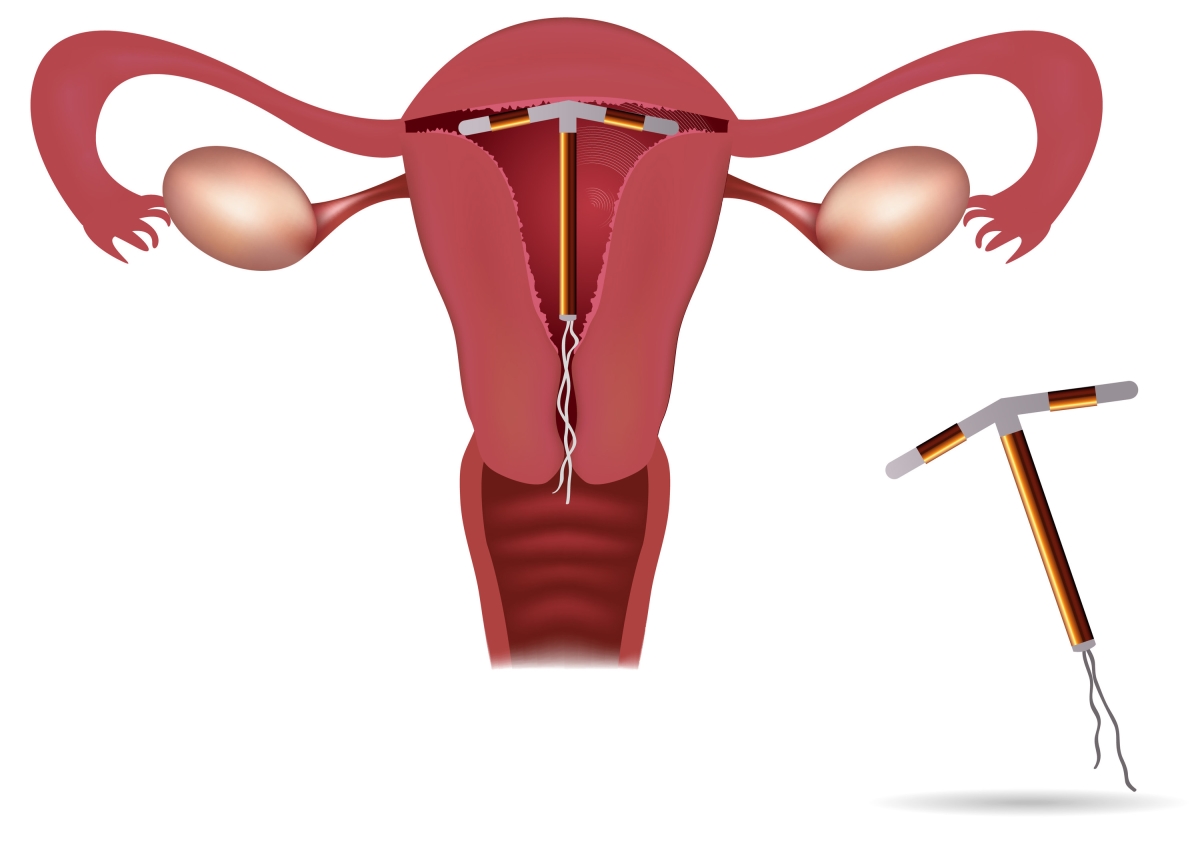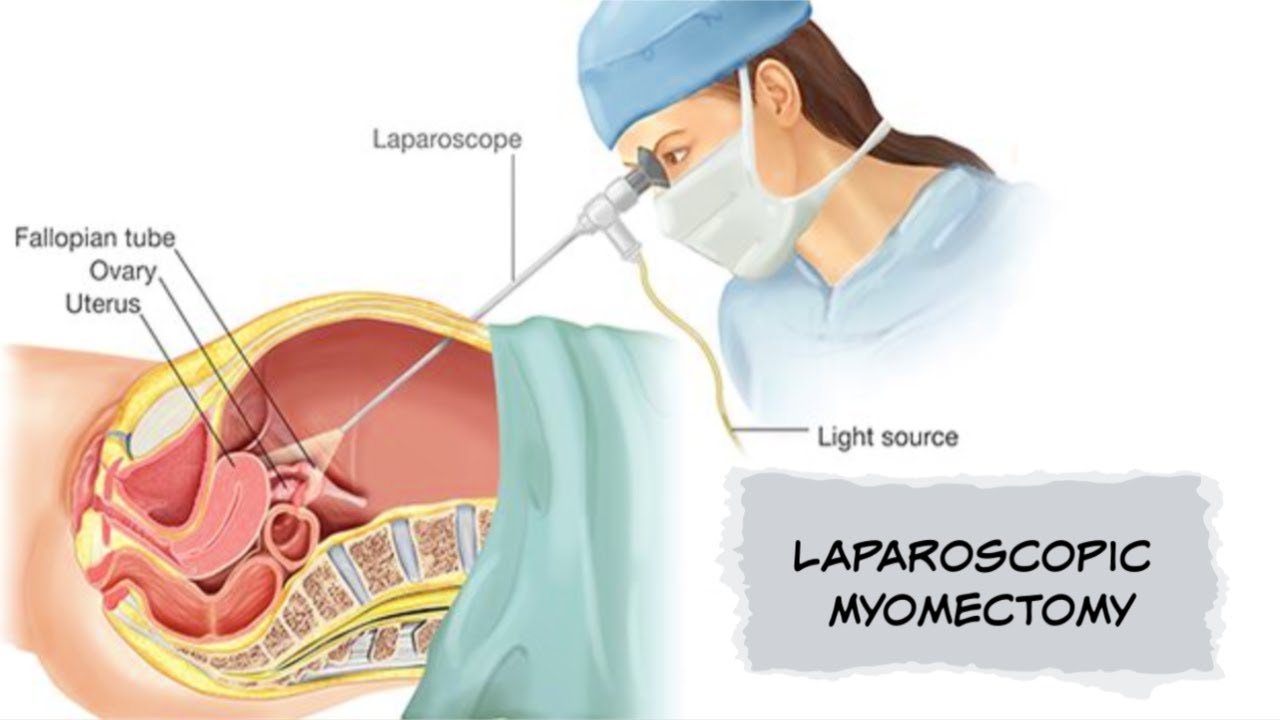To maintain your overall gynecological health and potentially reduce the risk of future fibroid growth, consider the following steps:
1-Healthy Diet: Consume a balanced diet rich in fruits, vegetables, and whole grains. Limit processed foods and red meat.
2-Regular Exercise: Engage in regular physical activity to maintain a healthy weight. Obesity is linked to an increased risk of fibroids.
3-Maintain a Healthy Weight: Obesity is associated with a higher risk of fibroids, so aim to achieve and maintain a healthy weight.
4-Manage Stress: High stress levels may contribute to hormonal imbalances, which can affect the growth of fibroids.
5-Limit Alcohol: Excessive alcohol consumption has been linked to an increased risk of fibroids. If you drink alcohol, do so in moderation.
6-Avoid Smoking: Smoking has been associated with an increased risk of fibroids, so if you smoke, consider quitting.
7-Regular Check-ups: Schedule regular gynecological check-ups with your healthcare provider to monitor your reproductive health.
8-Birth Control Options: Some birth control methods, like hormonal IUDs or birth control pills, may help manage fibroid-related symptoms.
9-Understanding Family History: If fibroids run in your family, be aware of your genetic predisposition and discuss it with your healthcare provider.
10-Stay Informed: Keep yourself informed about the latest research and treatment options for fibroids. Knowledge about your condition can help you make informed decisions about your health.
Remember that while these steps may contribute to gynecological health and potentially reduce the risk of fibroid growth, there is no guaranteed way to prevent fibroids entirely. If you have concerns about fibroids or other gynecological issues, consult with a healthcare provider for personalized guidance and treatment options.
Seeking expert care for fibroid treatment in Dubai? Schedule a consultation with Dr. Neha Lalla, your trusted partner in women’s health.




